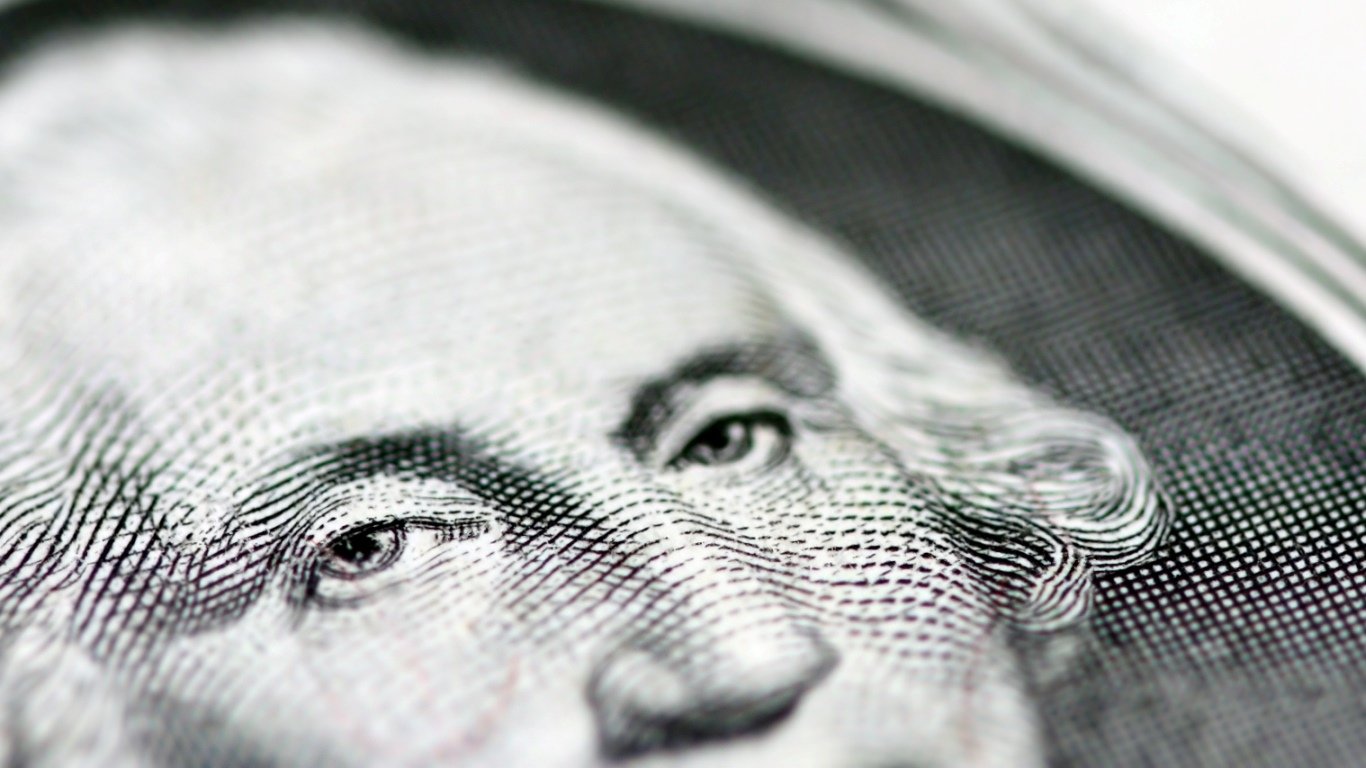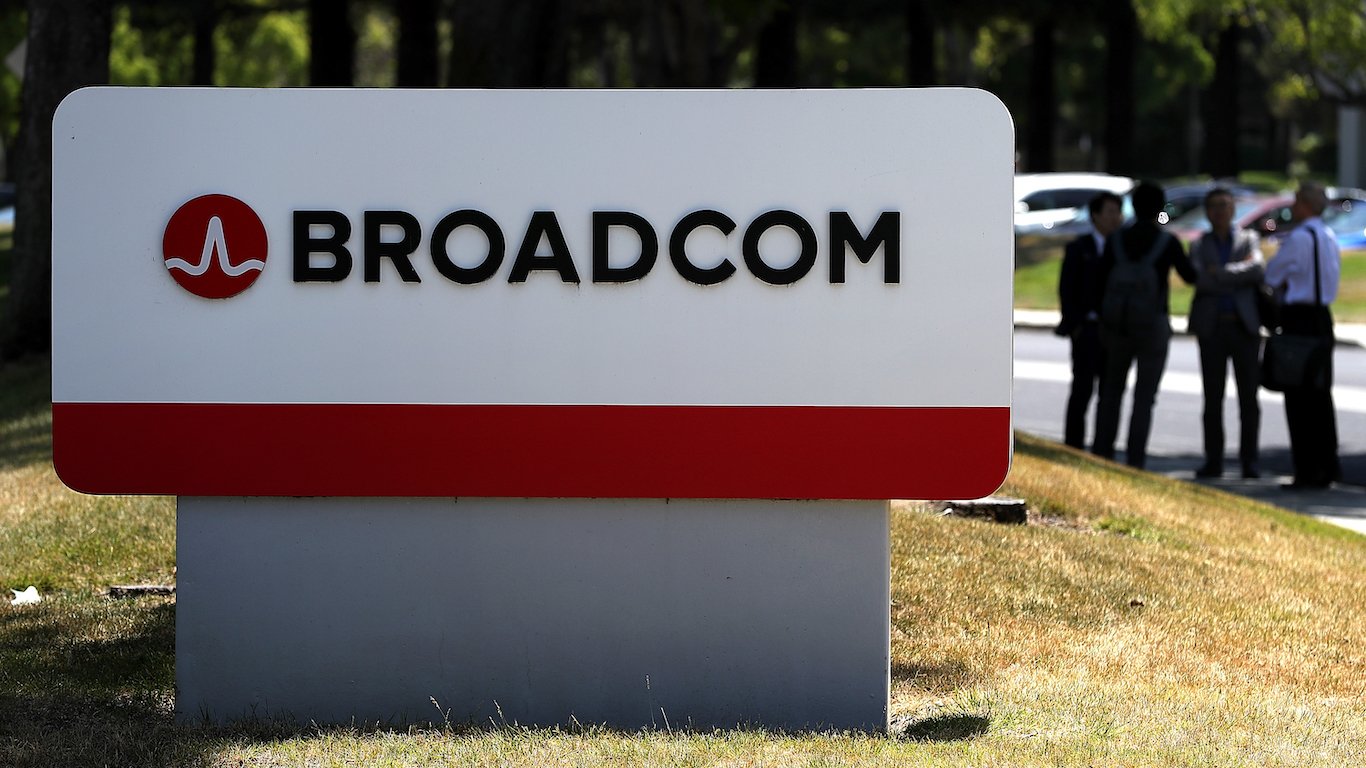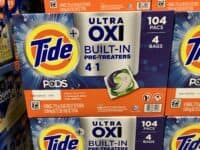
The recession of 2020 was unlike all prior recessions. The COVID-19 pandemic took unemployment to new highs and created the fastest “Bull-to-Bear” market anyone can remember. The one key difference coming into this recession was that corporations by and large had healthy balance sheets. The financial system’s top banks and lenders were all incredibly healthy, too, as interest rates were at extreme lows.
All this has led to a solid build-up of corporate cash. There is also a massive amount of debt that companies may have to contend with one day.
An S&P Global Ratings report indicates that corporate cash balances in the United States now sit at a combined $2.5 trillion. This measurement is of the non-financial and non-utility companies, which are rated by S&P rather than the economy as a whole. While it is not the entire picture, this total cash and short-term build-up in the first half of 2020 is up 30% and is a new record.
S&P’s measurement of this same group of companies also showed that corporate debt was up 9% to $7.8 trillion. That mountain of debt was after a record issuance in the first half as companies scrambled to raise capital to get through the pandemic.
What has happened in 2020 is that companies by and large stopped or minimized their endless dividend growth efforts. They also stopped buying back stock in the open market. Many companies did of course keep their dividends, and some companies still signaled their health by raising those dividends, but during the first half, the news flow was full of companies cutting dividends and halting stock buybacks.
24/7 Wall St. has tracked the endless building of debt in the world. As recently as November 18, 2020, an Institute of International Finance report showed that the total amount of global debt had risen by over $15 trillion since the end of 2019, also to a new record, with an estimated $272 trillion in global debt as end of the third quarter of 2020.
The question that remains is how companies eventually will deal with this mountain of debt. The Federal Reserve has pledged to keep interest rates extremely low for years, but it also has decided to juice up its inflation targets somehow. Classic economic theory doesn’t generally mix ultra-low interest rates with higher inflation at the same time. In 2020, though, it seems that anything goes.
Earnings show that the healthiest companies in the nation have been rapidly growing their cash. Companies like Apple, Alphabet, Facebook and Microsoft sit on cash balances larger than the gross domestic product of many nations. Banks, like Bank of America and JPMorgan, have very solid reserves that they were forced to maintain in the wake of the global financial crisis (and government bailouts) a decade earlier.
The U.S. Federal Reserve also is still offering financial market support with continued debt buying. The same is true in Europe and Japan, which both formally have negative interest rates.
The financial markets have been very accommodating to companies in need. Some companies would have faced certain bankruptcy if the financial markets hadn’t been there to help. That did require massive stimulus efforts by central banks, but now stocks are effectively back at all-time highs.
While this new S&P report is supportive of debt levels, assuming the coronavirus vaccines are effective and are not delayed, the outlook for debt has not been universally positive. A Fitch Ratings report from May of 2020 warned of waves of sovereign debt defaults for junk bond and emerging market investors. Some of the nations and international financial bodies have taken extreme measures to prevent defaults since the start of the recession, including interest payment delays and other assistance.
The endless rise in debt has so far not brought the world down as classic economists would have worried about. Whether that will hold true if interest rates are ever allowed to rise to historic norms remains to be seen. Until then, there are still mountains of cash.
Sponsored: Want to Retire Early? Here’s a Great First Step
Want retirement to come a few years earlier than you’d planned? Or are you ready to retire now, but want an extra set of eyes on your finances?
Now you can speak with up to 3 financial experts in your area for FREE. By simply clicking here you can begin to match with financial professionals who can help you build your plan to retire early. And the best part? The first conversation with them is free.
Click here to match with up to 3 financial pros who would be excited to help you make financial decisions.
Thank you for reading! Have some feedback for us?
Contact the 24/7 Wall St. editorial team.
 24/7 Wall St.
24/7 Wall St.


